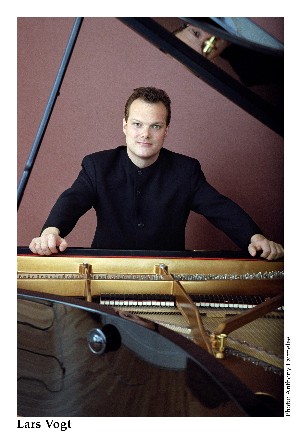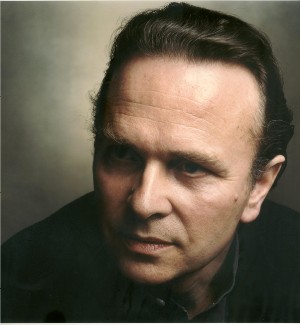Classical Music Review: A Mixed Score for BSO’s “UnderScore Friday”
It’s very difficult to lure new audiences into the concert hall in most parts of the United States, hard to find useful introductions to pieces of classical music and hard to judge from the reaction of UnderScore concertgoers whether they were pleased with their experience. I applaud the BSO’s initiative.
UnderScore Friday. Presented by the Boston Symphony Orchestra. Sir Mark Elder conducting Delius, Mozart and Strauss. At Symphony Hall, Boston, MA, January 14, 7 p.m.
Gray heads were in the minority for the first time in a long time at Symphony Hall as the Boston Symphony Orchestra (BSO) launched its new outreach venture to young singles uninitiated in classical music: UnderScore Fridays. Billed as a “shorter, more social subscription series,” the three-concert series has a starting time of 7 p.m., runs under two hours with no intermission, and features a post-concert reception with the musicians. Each piece is preceded by comments by the conductor or soloist.
Mike in hand, English conductor Sir Mark Elder stepped down from the podium and opened the evening by welcoming the audience to this first “early evening concert.” He noted that Frederick Delius was not widely known in the U.S., and that his Paris: A Nocturne (The Song of a Great City), had last been heard in Symphony Hall 70 years earlier. “I love this man’s music and wish it were more widely known,” said Sir Mark. “This piece is called Paris, and it was the first time anyone tried to capture Paris in sound . . . There is a lot of vulgarity in this music. In fact I would say this is Toulouse-Lautrec for orchestra . . . You should imagine we are at twilight—the end of the day—and slowly the night life begins . . .”
Paris seemed like a shrewd choice with which to begin a series targeted at new audiences. The “programme” of a night in Paris, suggesting “ladies of the night” and “Vendor’s cries” ending with “a magnificent sunrise the next morning,” gave newcomers to classical music a framework to hang onto as they listened to the lushly orchestrated tone poem. The BSO’s superb wind and brass sections were perfect interpreters for this music, which also highlights percussion, particularly castanets.
There’s a reason why Paris had been ignored by the BSO for 70 years. Its aimless crescendos and diminuendos sound like movie music; there are few things that stick in the bath of sound. “I’m just curious what people do while they’re hearing this,” a man behind me said to his date. “Do they check in and out? Do their emotions swell along with the music?” This was the kind of conversation UnderScore was designed to encourage, but his date deflected the discussion.
Paris was followed by Mozart’s Piano Concerto No. 21 (Andante familiar to the general public from the film Elvira Madigan) with German pianist Lars Vogt, who did the Intro. “It’s an especially wonderful concerto full of joy . . . an image comes to mind of a child peeping into the living room before Christmas . . .”
I found myself wondering about the drawbacks to interpreter’s comments, but Vogt’s introduction was only the beginning of a problematic performance. The pianist, conductor, and orchestra were mismatched, with the subtle, lyrical, and hyper-expressive Vogt often overpowered and drowned out by an indifferent orchestra. Had they not rehearsed this old chestnut? BSO players seem to lose interest when James Levine is gone and the repertory is over-familiar. We lost interest too.
The early evening was rounded off with the orchestra’s rousing, energetic performance of Strauss’s tone poem, “Till Eulenspiegel’s Merry Pranks.”
It’s very difficult to lure new audiences into the concert hall in most parts of the United States, hard to find useful introductions to pieces of classical music and hard to judge from the reaction of UnderScore concertgoers whether they were pleased with their experience. I applaud the BSO’s initiative. The only way forward is to try new kinds of programs as the orchestra is doing.
There are two more UnderScore Fridays scheduled in 2011. On February 11, the Finnish conductor Susanna Mälkki conducts Haydn, Sibelius, and the American premiere of Unsuk Chin’s Cello Concerto. On March 25, Thomas Adès makes his BSO debut, conducting music inspired by Shakespeare’s The Tempest, including his own.
Helen Epstein is the author of several books about performers and cultural life.
Tagged: Culture Vulture, Singles, The Boston Symphony Orchestra, UnderScore


